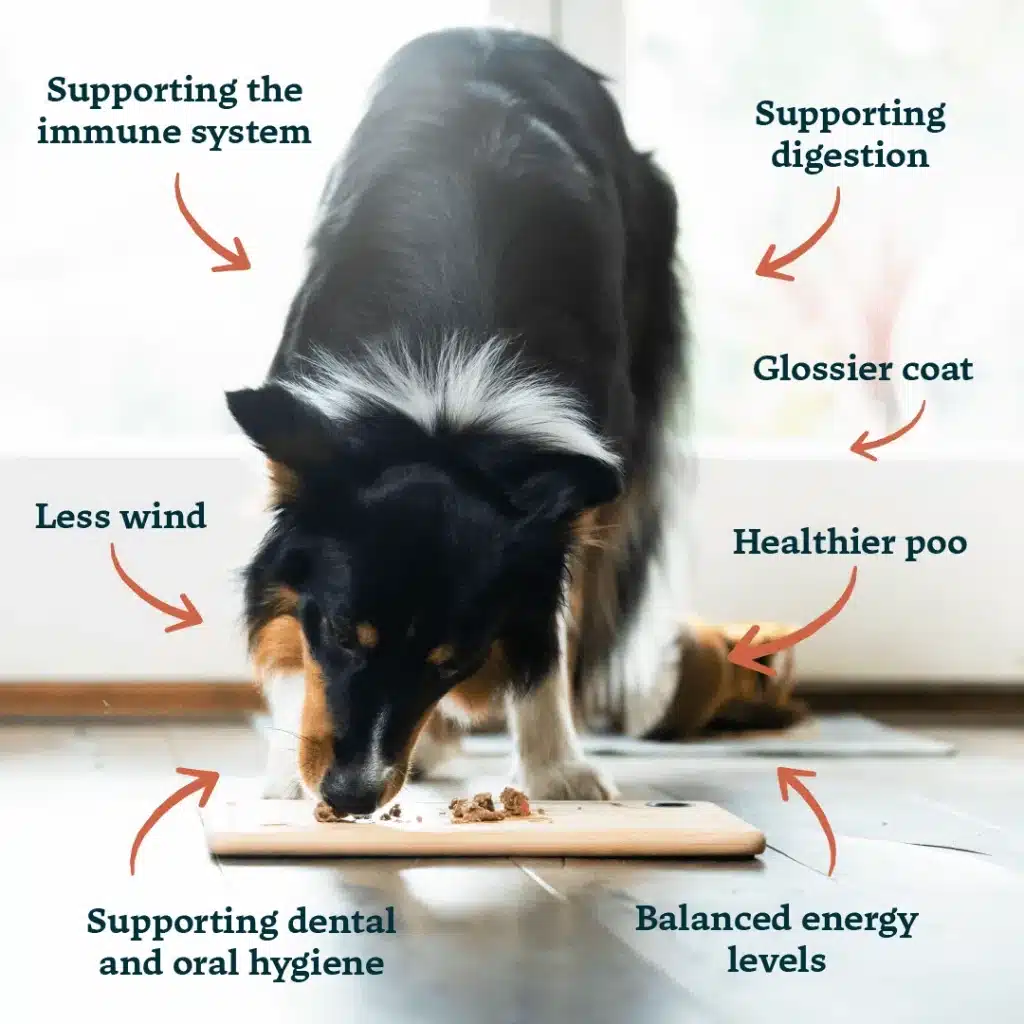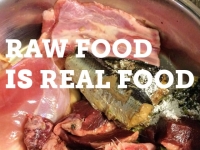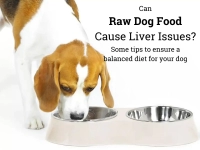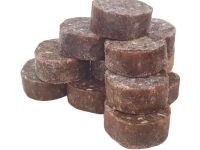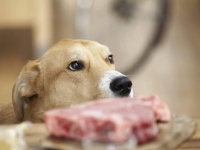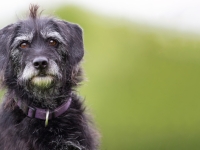How to Transition Your Small Dog to Raw Food in Christchurch: A Comprehensive Guide
In This Article...
THE OVERVIEW...
Are you considering switching your small furry friend to a raw food diet? You’re not alone! Many dog owners are discovering the benefits of raw feeding for their pint-sized pups. In this guide, we’ll walk you through the process of transitioning your small dog to raw food, ensuring a smooth and healthy change in their diet.
Why Consider Raw Food for Your Small Dog?
Raw dog food has gained popularity in Christchurch and across New Zealand for good reasons. This natural diet can offer numerous benefits for small breeds :
- Improved digestion and nutrient absorption
- Healthier skin and shinier coat
- Increased energy levels
- Better dental health
- Reduced allergies and food sensitivities
Small dogs, with their higher metabolism and specific nutritional needs, can particularly benefit from a well-balanced raw diet.
Step-by-Step Transition Guide
1. Start Slowly
Begin by introducing small amounts of raw food alongside your dog’s current diet. Mix about 25% raw with 75% of their regular food for the first few days.
2. Gradually Increase Raw Portions
Over 7-10 days, slowly increase the proportion of raw food while decreasing the old diet. This gradual approach helps prevent digestive upset.
3. Monitor Your Dog’s Response
Watch for signs of improved energy, better stools, and increased enthusiasm for mealtimes. If you notice any adverse reactions, slow down the transition process.
4. Fully Transition
By day 10-14, your small dog should be fully transitioned to their new raw diet.
Choosing the Right Raw Food for Your Small Dog
When selecting raw dog food in Christchurch, consider these factors:
- Quality Ingredients: Look for high-quality, human-grade meats and organic vegetables.
- Balanced Nutrition: Ensure the food provides a complete and balanced diet for small breeds.
- Convenience: Consider pre-prepared raw meals for ease of feeding.
Kuri City offers a range of premium raw dog food options specifically formulated for small breeds, making the transition process smoother for Christchurch pet owners.
Common Concerns and Solutions
1. Food Safety
Proper handling and storage of raw food are crucial. Always follow safe food handling practices to prevent bacterial contamination.
2. Nutritional Balance
Consider using a variety of Kuri recipes to ensure your small dog’s raw diet meets all their nutritional needs.
3. Cost Considerations
While raw diets can be more expensive initially, many pet owners find the long-term health benefits outweigh the costs.
Enriching Your Small Dog’s Diet with Natural Treats
Incorporating natural dog treats into your pet’s raw diet can provide additional nutrients and mental stimulation. Look for treats that complement the raw diet, such as dehydrated meat or fish.
Kuri’s selection of natural dog treats offers perfect options to supplement your small dog’s raw food regimen.
Supporting Your Dog’s Transition with Proper Care
A holistic approach to your dog’s well-being can enhance the benefits of a raw diet:
- Regular Exercise: Maintain an active lifestyle with daily walks suitable for small dogs in Christchurch.
- Mental Stimulation: Engage your dog in breed-specific enrichment activities at home or in doggy daycare.
- Grooming: Regular grooming sessions can help you monitor your dog’s physical health as they transition to raw food.
Kuri’s dog grooming services in Christchurch can help keep your small dog looking and feeling their best throughout the transition process.
What to Expect During the Transition
As you switch your small dog to raw food, you may notice some changes:
- Stool Changes: Initially, you might see some changes in your dog’s stool. This is normal as their digestive system adjusts.
- Increased Water Intake: Raw food contains more moisture, so your dog may drink less water than before.
- Improved Coat: Many owners report a shinier, healthier coat after switching to raw food.
- Energy Boost: Your small dog may experience increased energy levels as they adapt to their new diet.
Tips for Success
- Start with One Protein: Begin with a single protein source (like green tripe) and gradually introduce variety.
- Include Bone Content: Ensure the raw diet includes appropriate bone content for small breeds.
- Introduce Organs Slowly: Organs are nutrient-dense, so introduce them gradually to avoid digestive upset.
- Keep a Journal: Track your dog’s progress, noting any changes in behavior, appearance, or health.
- Talk to the instore team: The Kuri team have the skills to help you manage the transition to a raw food diet. Come in and speak with us.
Addressing Common Challenges
1. Picky Eaters
Some small dogs may be hesitant to try raw food. Try slightly warming the food or mixing in a small amount of bone broth to entice them.
2. Dental Concerns
While raw diets can improve dental health, some small dogs may need additional dental care. Consider incorporating raw meaty bones or natural chews into their routine.
3. Weight Management
Raw diets can be calorie-dense. Monitor your small dog’s weight closely and adjust portions as needed to maintain a healthy weight.
The Role of Supplements
While a well-balanced raw diet should provide most necessary nutrients, some small dogs may benefit from supplements. Consult with your canine nutritionist about potential supplements such as:
- Omega-3 fatty acids for coat and joint health
- Probiotics for digestive support
- Glucosamine for joint health in older small dogs
Conclusion
Transitioning your small dog to a raw food diet in Christchurch can be a rewarding journey for both you and your pet. By following these guidelines and utilising the resources available through Kuri, you can ensure a smooth switch to a healthier, more natural diet for your furry companion.
Ready to start your small dog’s raw food journey? Explore Kuri’s range of raw dog food options and natural treats, or come in for a chat with our team to make plan for your pet.


